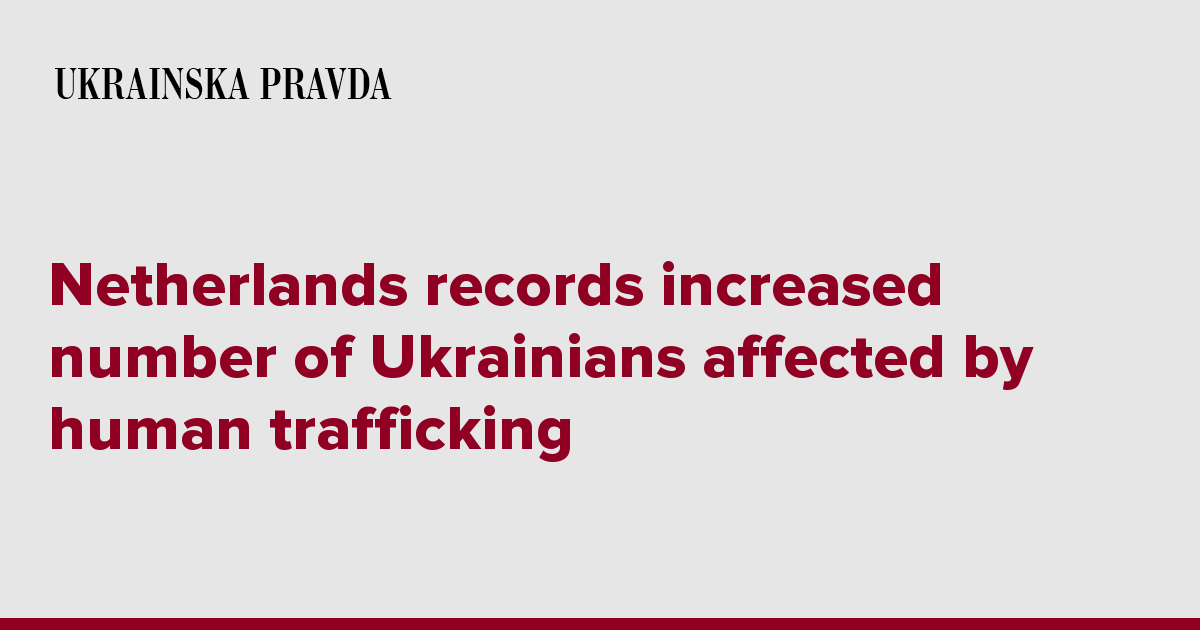How a law meant to protect pregnant women could hurt their chances of being hired
A new law that forces employers to make special accommodations for pregnant workers will have "serious consequences" for women, said a Cato Institute policy expert.

A new law aimed at protecting pregnant employees’ health and job security could result in less women being hired or promoted, according to a policy expert at a libertarian think tank.
"A regulation like this, if it ends up being really costly for employers, it can change their hiring decisions and even potentially promotion decisions in ways that could actually exacerbate the gender pay gap," the Cato Institute's director of family policy, Vanessa Brown Calder, said. "It's very concerning."
The Pregnant Workers Fairness Act (PWFA), which took effect June 27, requires companies with 15 or more employees to provide "reasonable accommodations" to workers with pregnancy-related limitations. Those could include additional breaks, closer parking, modified work schedules, remote work and suspending essential job functions, according to the Equal Employment Opportunity Commission’s (EEOC) proposed rules.
WATCH MORE FOX NEWS DIGITAL ORIGINALS HERE
"It's really a meaningful piece of regulation that is going to have some serious consequences for employers across the country and also for the pregnant workers that they employ," Calder told Fox News.
Supporters say the law is intended to protect pregnant women from having to choose between their health and staying employed.
"The PWFA is the culmination of a 10 year-long campaign to close gaps in civil rights laws so pregnant workers are not pushed out of jobs or forced to risk their health when they require reasonable accommodations on the job, like a water bottle to stay hydrated or a transfer away from strenuous heavy lifting," Elizabeth Gedmark, a member of A Better Balance, an advocacy group for pregnant workers, told CBS.
Calder, herself pregnant, said she worries the open-ended nature of the law and the added cost to companies will cause employers hesitation when hiring expecting mothers or women who may become pregnant. While the effects of the law are not yet known, employers could be charged with hiring extra personnel to pick up some of the pregnant employee's work or to be able to provide some of these accommodations.
"You would think it would make me really excited, a regulation like this," she said. "But because I'm pregnant myself, it actually makes me more worried, because it increases the cost of employing people like me, and I want people like me to be able to get a job to begin with, to be hired to begin with, and I think that legislation like this makes that more difficult."
While some of the accommodations may be easy for employers to implement, like allowing someone whose job involves standing to sit, Calder said "depending on the job and the industry, it can actually be quite difficult."
"I think it's safe to say that suspending essential job functions for a worker is pretty much always going to be hard for any employer," she added.
Calder said the law could lead to a slew of lawsuits from employees "simply because not all employers will be able to absorb all the variety of accommodations that have been mentioned in the EEOC guidance."
Additionally, the regulation’s list of accommodations is "non-exhaustive," meaning pregnant employees can make any request they consider reasonable.
"So, employers really don't know exactly what they're getting themselves into when they're hiring somebody who is pregnant," Calder told Fox News.
INTERNATIONAL WOMEN'S DAY: FEMALE ACTIVISTS THAT HAVE MADE AN IMPACT AROUND THE WORLD
Although the 1964 Pregnancy Discrimination Act forbids companies from making employment decisions based on pregnancy, Calder said that's difficult to prove since most hiring processes occur behind closed doors.
"Certainly in some cases it happens anyway," she said. "And employers do get good at working around regulations, particularly regulations that are very costly to them."
Calder pointed to the 1990 Americans with Disabilities Act (ADA), which prohibits discrimination based on disability, as an example of another well-intentioned law with similar unintended consequences.
"What we found after that act was passed is that disabled employment actually declined substantially," Calder said. "Probably part of the reason for that is the act required this reasonable accommodation, which was open-ended in a similar way to the Pregnant Workers Fairness Act."
The percentage of employed disabled Americans ages 16 to 64 increased from 25% to 29% between 1981 and 1990, according to Current Population Survey (CPS) data. But between 1990 and 2014, after the passage of the ADA, that number dropped to 13%.
"Disabled workers were fired at a lesser rate, but they were also hired at a lesser rate," Calder said. "So their ability to find a job was actually impaired."
Most employers already make changes to accommodate pregnant workers Calder said. But adding this sort of "one-size-fits-all regulation," forcing all companies to provide the same accommodations, "you are doing employers a disservice, and you're actually doing pregnant workers a disservice as well."
The EEOC's proposed regulations are open for public comment until Oct. 10 and will be implemented Dec. 29.



